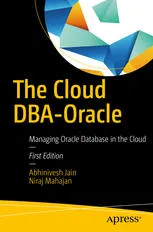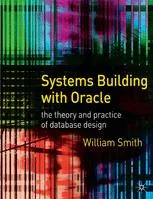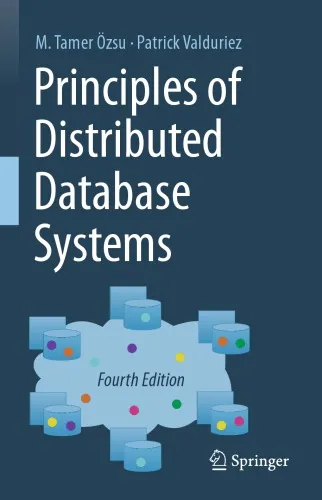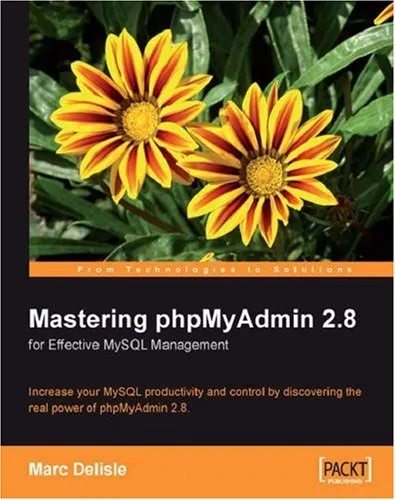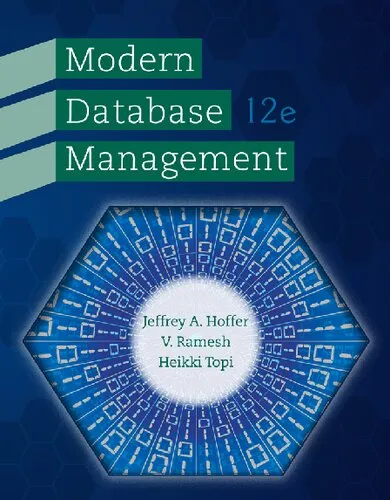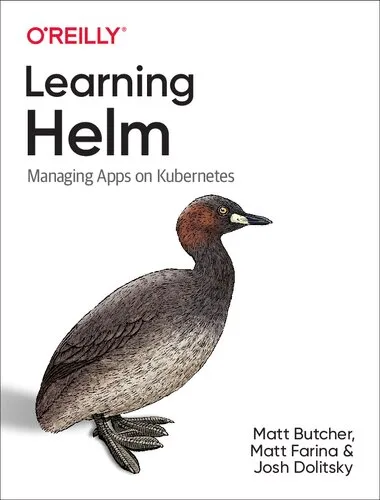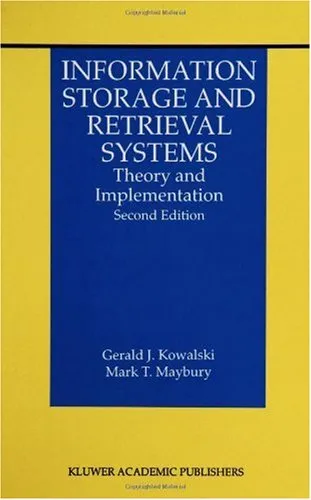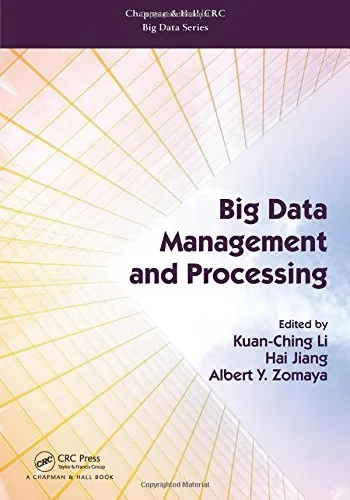The relational model for database management: version 2
4.6
Reviews from our users

You Can Ask your questions from this book's AI after Login
Each download or ask from book AI costs 2 points. To earn more free points, please visit the Points Guide Page and complete some valuable actions.Related Refrences:
Introduction to "The Relational Model for Database Management: Version 2"
"The Relational Model for Database Management: Version 2" is a seminal work in the field of database systems, authored by the esteemed Edgar F. Codd, often regarded as the father of the relational database model. This groundbreaking book builds upon Codd's initial conceptual framework set forth in the original "The Relational Model for Database Management" and refines, extends, and modernizes the theory behind relational databases. It serves as an invaluable resource for database professionals, students, and anyone fascinated by the inner workings of modern information systems.
This book addresses core concepts of database management with unparalleled clarity and precision. Codd not only discusses the theoretical foundations of the relational model but also emphasizes its practical implementation in real-world database systems. Version 2 introduces enhancements that make relational databases more robust, efficient, and capable of handling sophisticated data challenges. By presenting concepts ranging from logical data independence to normalization principles, the book equips readers with a deeper understanding of why relational databases became the standard paradigm for building and managing data storage solutions.
Detailed Summary of the Book
"The Relational Model for Database Management: Version 2" is divided into key thematic areas that explore the theoretical underpinnings and practical applications of relational databases. The book begins by revisiting the principles of the relational model, elaborating on elements such as relations, tuples, attributes, and keys. It explains how these foundational constructs can be used to represent data in a structured, logical, and highly accessible way, sidestepping the complexities of earlier hierarchical and network database models.
Codd delves into pivotal concepts such as relational algebra, the mathematical toolkit behind query languages, and its implementation in systems like SQL. Another critical highlight of the book is its deep dive into normalization theory, which provides essential guidance on designing efficient and non-redundant database structures.
As part of this second edition, special attention is paid to addressing practical challenges that surfaced during the adoption of relational databases in the real world. Topics such as handling distributed data, ensuring referential integrity, and managing performance in large-scale databases are covered extensively. By the end of the book, readers not only grasp the theory behind relational databases but also understand how to tackle complex problems that arise in practice.
Key Takeaways
- The relational model simplifies data management by representing all data as relations (tables), with clear rules for querying and updating.
- Logical data independence allows for changes to the database schema without impacting existing applications.
- Normalization is crucial for database design, as it minimizes redundancy and maximizes data integrity.
- Relational algebra serves as the foundation for most modern database query languages, providing a formal way to manipulate data.
- The principles of the relational model have stood the test of time, continuing to inform the design of modern databases and data-driven systems.
Famous Quotes from the Book
"A relational database management system brings discipline to data management and enables the accurate extraction of valuable insights."
"The relational model gives users unprecedented freedom to answer questions and explore their data without being constrained by the physical representation of that data."
Why This Book Matters
"The Relational Model for Database Management: Version 2" remains one of the most important texts in the history of computer science and information technology. By formalizing the relational model, Codd laid the foundation for the design of virtually all modern databases. Without his contributions, the rise of relational database systems, which power everything from e-commerce platforms to healthcare systems, would not have been possible.
This book does more than just define a model; it introduces a new way of thinking about data. It enables developers, data architects, and organizations to focus on the logical representation of information, abstracting away the physical complexity. This abstraction has led to increased flexibility, scalability, and adaptability of database systems, making them indispensable in today’s data-driven economies.
Today, relational databases are ubiquitous, underlying billions of operations executed globally each day. By exploring this book, readers gain insights into the enduring relevance of these systems and their underlying principles, ensuring they stay ahead in a rapidly evolving technological landscape.
Free Direct Download
You Can Download this book after Login
Accessing books through legal platforms and public libraries not only supports the rights of authors and publishers but also contributes to the sustainability of reading culture. Before downloading, please take a moment to consider these options.
Find this book on other platforms:
WorldCat helps you find books in libraries worldwide.
See ratings, reviews, and discussions on Goodreads.
Find and buy rare or used books on AbeBooks.
1414
بازدید4.6
امتیاز0
نظر98%
رضایتReviews:
4.6
Based on 0 users review
Questions & Answers
Ask questions about this book or help others by answering
No questions yet. Be the first to ask!


